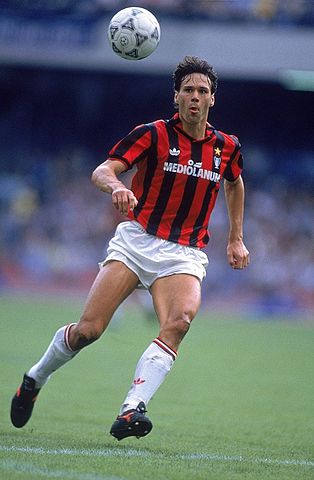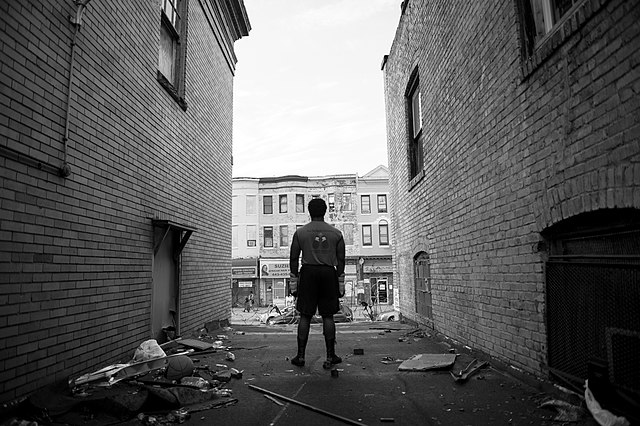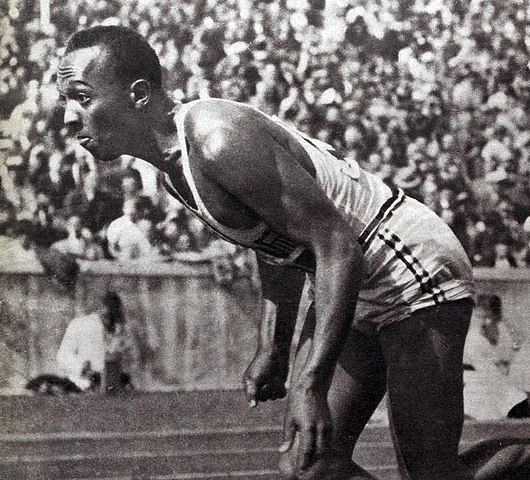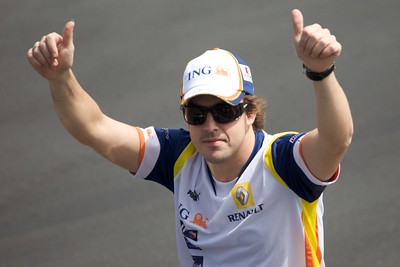Thirty and thirdandGolden Ball winner - Marco van Basten
New strong years are set for the Dutch footballers
The days of Johan Cruyff are beginning to seem a long way off for football fans in the Netherlands, but from the lowlands emerged not one but two top players in the late 1980s. After Ruud Gullit won the Ballon d'Or in 1987, a year later the award went to his compatriot and teammate in the Italian Milan, Marco van Basten. In the year of the European Championship in West Germany and the triumph of the Netherlands, it is no wonder that the top three positions in the ranking are entirely for players from this country. Van Basten is followed by Ruud Gullit and Frank Rijkaard. Curiously, all three are part of the Milan squad, which is an absolute precedent when it comes to the Ballon d'Or.
Marco van Basten collects 129 points out of the maximum 135 that can be given by the voting 27 journalists from the countries that are members of the European football headquarters - UEFA. Each one of them gives their vote for the striker. Twenty-three put him in the first position, two - in the second, and according to the remaining two, he deserves the third place. The previous year's trophy holder Ruud Gullit collected 41 fewer points with his three firsts, ten second, eight third, four fourth and one fifth places. The third Frank Rijkaard, who moved to Milan in the summer of 1988, had only 45 and only one first place, but managed to overtake Alexey Mykhailichenko, who remained with 41. Only twice in history have the three positions been for footballers from one and the same country. This happened to West German players Franz Beckenbauer, Gerd Müller and Gunther Netzer in 1972, and to their compatriots Karl-Heinz Rummenigge, Paul Breitner and Bernd Schuster in 1981.
The Dutch also take the fifth position, which Ronald Koeman reached. The PSV Eindhoven defender is only two points behind Mykhailichenko and 29 ahead of sixth-placed Lothar Matthaus of Germany's Bayern Munich. There were no Bulgarians in the Golden Ball ranking in 1988.
Van Basten's triumph was largely due to his performance at Euro 1988 in West Germany. Not only because of the triumph of the Netherlands, but also because of his five goals, which made him the top scorer of the tournament, Marco stole a standing ovation from everyone. Despite a tough start and a 1-0 loss to the Soviet Union, the Netherlands won 3-1 against England with the AC Milan striker scoring a hat-trick in the West Germany goal in the 88th minute to complete the turnaround. In the final, the Netherlands met old friends from the USSR and this time won 2-0, with Ruud Gullit opening the scoring in the 32nd minute and Van Basten scoring his trademark strike, still famous to this day, to kill Valeri's national team ambitions Lobanovski, who misses her last opportunity to seize the European summit, given the events of November next year and the collapse of the Union.
At club level, Van Basten scored two important goals for Milan in Serie A in the spring of 1988, winning 1-0 at home to Empoli and 3-2 away at Napoli to make it 3-1 in the 76th minute. However, the Dutchman has played very little due to injury problems. More impressive in the 1987/88 season was again Ruud Gullit, who scored 9 times in Serie A, but not a small number of these goals were also not in 1988. The Calcio was won by the Rossoneri, and with the signing of Frank Rijkaard in the summer, the next season promises to be even more successful. It started with a triumph for the country's Super Cup, in which the Sampdoria team was outplayed 3:1, and Rijkaard and Van Basten were among the top scorers. In Europe, the forward scored four goals for the success against Vitosha (b.a. - that's the name of Levski Sofia in the 1988/89 season), then scored against Red Star to ensure reaching the quarter-finals of the KESH. In Serie A, they quickly equaled their goal tally from the previous campaign, but November and December proved to be quite tough for Milan, who almost surrendered the title in that period.
However, in 1988, there is no better player than the top scorer of the European Championship and one of Milan's leading players, who made a stronger finish of the year and deservedly won the "Golden Ball" six points short of the maximum.




